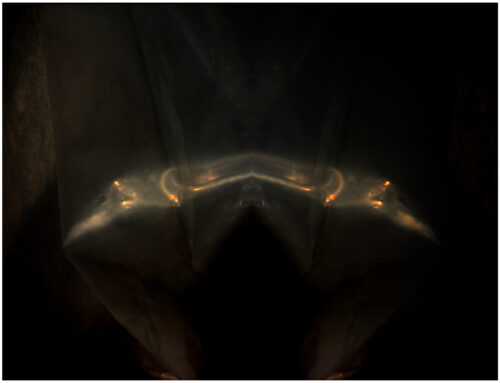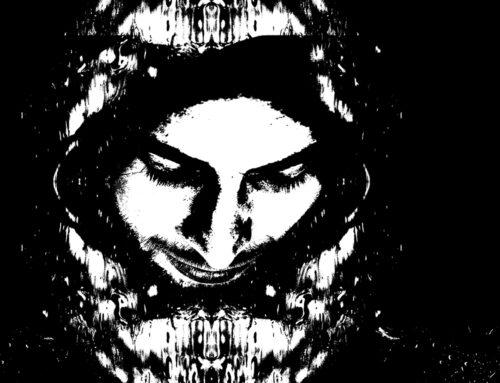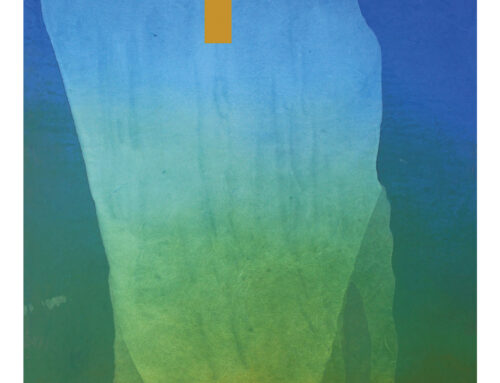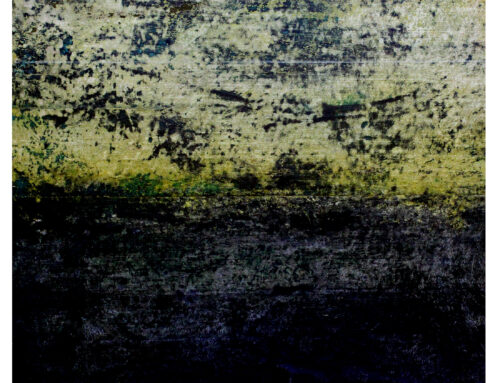Announcements:
1. Before this most recent blog rolls, I wanted to let everyone know that other articles I’ve written can be accessed via the Ezine icon located on the side bar of my blog and also on my web site home page. If there’s something here you’d like to share, then look for the ‘addthis / share this’ icons also on the side bar.
2. Anyone not already on my mailing list and who would like to receive the blog, that too can be done on the side bar.
3. Within the previous blog, entitled ‘Seed’, there lies a puzzle. No one has yet solved it. If you can locate it, solve it, and send the answer back to me, the first person’s correct answer to arrive will receive a signed, original artwork by my hand from here at Baan Panom.
SMALL FOOTPRINTS, BIG JOURNEYS

An example of one of the mud huts made by the novices at Pleekawiwek
Like the majority of the people in this area, most of these young Buddhists have come from the Shan State, which lies across the border from Wiang Haeng. The history of the Shan, a Tai ethnic group, is extremely complicated and their political relationships with neighboring groups are even more convoluted. In 2001, border conflicts erupted between the Shan and the Wa. The Wa people have agreed to trade their autonomy for support from the militaristic regime of the Union of Myanmar and are being used by the junta to help de-stabilize the Shan State through encroachment on Shan territories. A primary goal of the Myanmar junta is to eliminate the Shan State, both culturally and politically and they have been ruthless in their methods. During the conflicts between the Shan and the WA, the Myanmar army moved in swiftly, destroying village after village. Families were torn apart, and in many cases, children witnessed their parents being tortured and murdered and their mothers being raped by army soldiers. Thousands managed to escape across the border into Thailand where they remain. However, even today, many are not afforded official refugee status, but are simply stateless people struggling in poverty.

I visited Phratyhat Wat Fa Wiang In, a temple that had once been completely on Thai soil, but now is severed in half by new boundaries as a result of the 2001 conflict. Separated by only several hundred feet, across a pastoral gully planted with fruit trees and deadly land mines, we stared at what used to be dormitories for Thai monks; now they are used as barracks for the Myanmar army. On the Thai side the temple was filled with young nains and a few novices busily sweeping up leaves near the main chedi. We spoke with a Shan monk who had secretly crossed back into Burma with a camera hidden beneath his robs. For weeks he traveled his country, copying old Shan photographs and documents that had been hidden from the junta. Had he been caught, the consequences would have been certain imprisonment or death. Another group of older novices were busy with whatever primitive tools they could find remodeling an old temple building in which to house this collection of historical artifacts. It will be a museum to help preserve the culture of the Shan people.


Under the guidance of Phra Thanee, these are the problems being tackled by the novices and nains. From various temples throughout the area they have come to a center they call Pleekawiwek (a place of peaceful solitude, suitable for meditation). Their purpose is to learn everything they can about the affects on their communities from HIV/AIDS and drug addiction and the positive ways they can disseminate that learning back into the villages. What is of primary concern is to eliminate the stigma of HIV/AIDS that has, through ignorance, attached itself to the minds of the people, for those who carry the virus and those who do not; everyone is affected.
This understanding and teaching is not relegated to only these problems. What has grown from this benevolence is an action holistic in its approach and from which the seeds of hope and recourse are planted – the development and use of organic fertilizers and organic pesticide. They also teach the people how to make inexpensive mud-brick houses for themselves and they instruct villagers on the positive elements of life skills. A small group of energetic spirits are dedicating their lives to make a difference for those in need.
Pleekawiwek is indeed a quiet, peaceful place yet charged with energy from these young Buddhists who move quietly and with utter conviction, changing the world, step by step. It is a small footprint, but a compelling journey with big rewards. In the pulse of their hearts, their actions move on the river of Buddhist thought, “Neither fire nor wind, birth nor death can erase our good deeds.”
We are now living in a time of much distress throughout the world in which the creative richness of individual spirits are being smothered by a dark cloud of capitalism and corporatism. We are suffocating from consumerism and greed. The illness cannot be healed from the large to the small, but only from the small to the large. As the Italian artist Modigliani said, “Life is a gift, from the few to the many, from those who know and have to those who do not know and do not have.”
I believe the spirit of Pleekawiwek is this kind of extraordinary gift, from the few to the many. I also feel this would make a wonderful documentary to send out into the world as a template for ways in which universal communities can begin to heal from the loss of something found neither in governments nor religions but in irreducible, natural, positive goodness given to us from this earth. I am currently considering a film about Pleekawiwek, the novices, nains and monks, and the villagers whose lives have been made better. As possibilities grow toward production, I’ll keep everyone informed. I would be grateful to anyone with any thoughts, ideas or suggestions to share and help bring it to fruition. I welcome your comments.
Panom jai dii.
Galen










